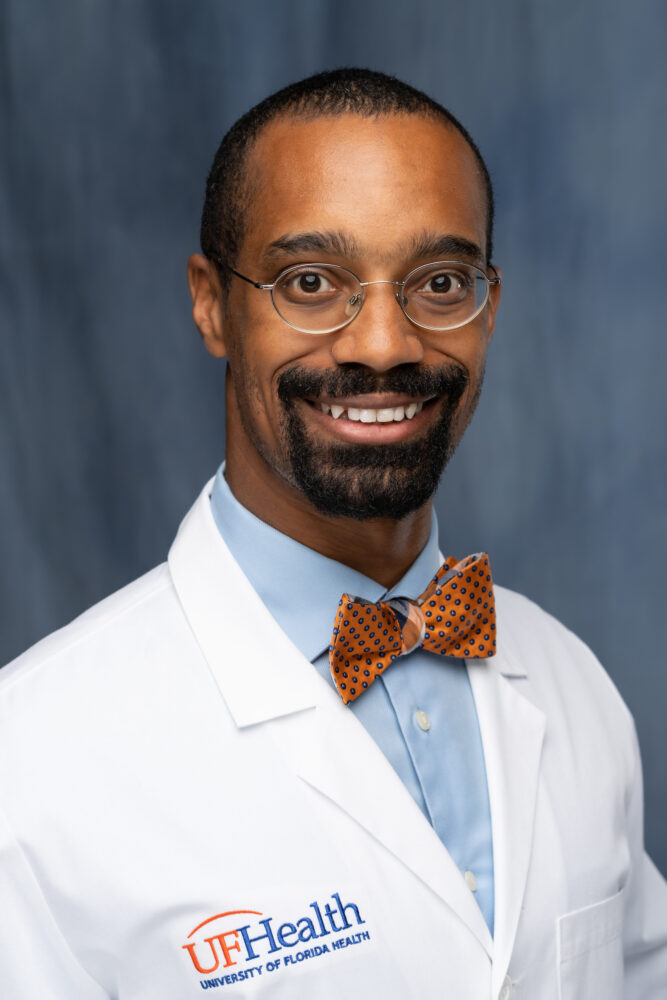
This Black History Month, we’re honored to highlight Dr. Leighton Elliott from the University of Florida, whose dedication to sarcoma research is making a difference in the fight against rare cancers.
Dr. Elliott shares his journey into the sarcoma field, the passion that drives his work, and his hopes for the future of sarcoma treatment. Representation in research matters, and we celebrate the contributions of Black scientists who are advancing breakthroughs in cancer care. Read his inspirational story:
“I studied biomedical engineering prior to going into medical school. I focused on biomechanics and developing novel affordable prosthetic parts for low-income amputees. On a mission trip to Vietnam where we were providing our prosthetics for the first time, we also got the chance to see patients in clinic; it was my first exposure working with a physician and I was hooked! While in Vietnam, my wife delivered our first son (early!) back home in Georgia. I felt guilty missing this momentous event, but found encouragement in the fact that people with limbs were hopeful and excited to see me that day – I had to get out of my own way and go help those people. That’s when I realized I wanted to become a physician – to humbly serve people regardless of my own personal circumstances. In residency, I cared for a 19-year-old patient with osteosarcoma who was previously seen by a community provider, but several weeks later, the patient still had not gotten any chemotherapy and was then suffering from effects of the cancer pushing on his spinal cord. I saw this as an opportunity for me to fill a gap to improve the care of a rare and deadly disease that affects adolescents and young adults – sarcoma. I now get the opportunity to lead our AYA Cancer program and spend the majority of my time in the lab, using my engineering background to develop novel therapies for sarcoma as part of a small global community that cares for this population. Walking with my patients through this journey is challenging, but incredibly rewarding to know that I provided love, hope, and empathy regardless of my own personal circumstances.”
